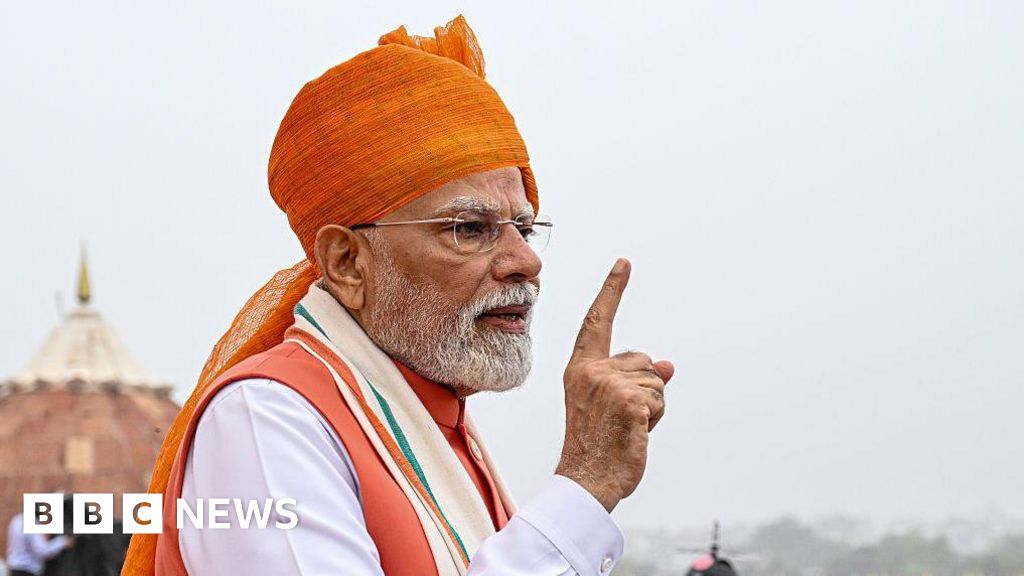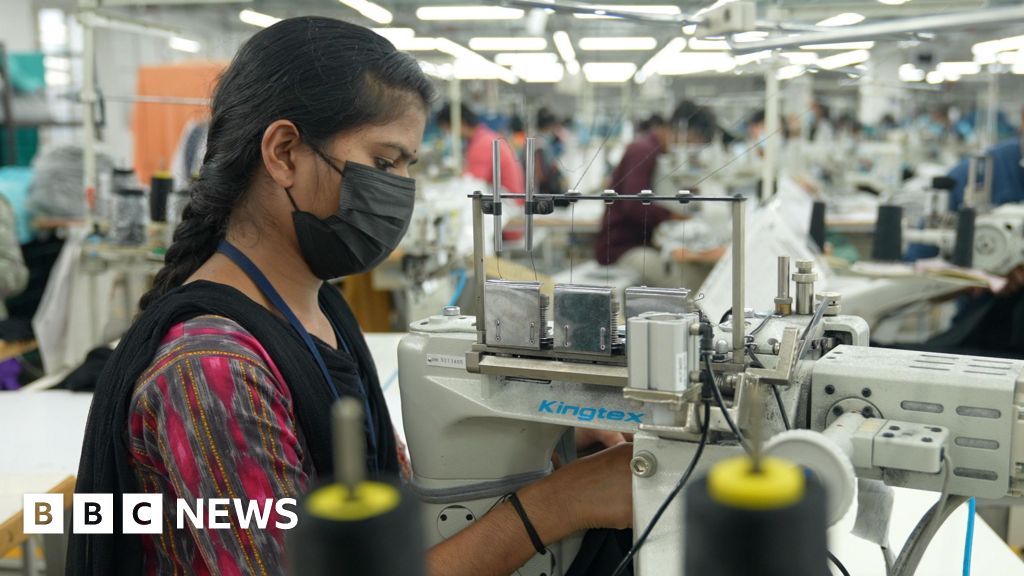The US government has officially imposed a 17% tariff on a majority of tomatoes imported from Mexico, which has taken immediate effect, aiming to safeguard American tomato growers. This decision follows the withdrawal from a long-standing trade agreement, with US authorities asserting that the prior deal inadequately protected local farmers from what they term unfairly priced imports from Mexico.
US Secretary of Commerce Howard Lutnick articulated the government’s stance, declaring that "for far too long our farmers have been crushed by unfair trade practices that undercut pricing on produce like tomatoes." Approximately 70% of tomatoes consumed in the United States originate from Mexico, according to the Florida Tomato Exchange, highlighting the significant reliance on Mexican produce.
The Mexican government responded forcefully, rejecting the claim that it has dumped tomatoes into the US market at artificially low prices. It maintains that the popularity of Mexican tomatoes stems from their superior quality. The imposition of the new tariff is expected to raise prices in supermarkets and restaurants, particularly affecting products like pizza sauces and salsas, staples in many American kitchens.
Proponents of the tariff suggest that it will motivate consumers to choose domestically grown tomatoes, ultimately benefiting local agriculture and economy. However, the Mexican agriculture ministry warned that finding a sufficient substitute for the volume of tomatoes imported from Mexico would be challenging, if not impossible.
Historically, US tomato growers have sought governmental support against priced competition from Mexico since 1996, leading to several agreements aimed at regulating import prices; the latest was suspended in 2019. This current measure is part of a broader strategy, as President Trump has warned of future tariffs on all Mexican goods as early as August, citing issues related to narcotics trafficking.
The landscape of international relations regarding trade continues to adapt, as similar tariff threats loom over other countries such as Brazil and China, as well as the European Union, all of which have faced potential repercussions from US trade policy changes. The implications of such tariffs prompt discussions about the broader effects on the US economy and its trading partners.





















